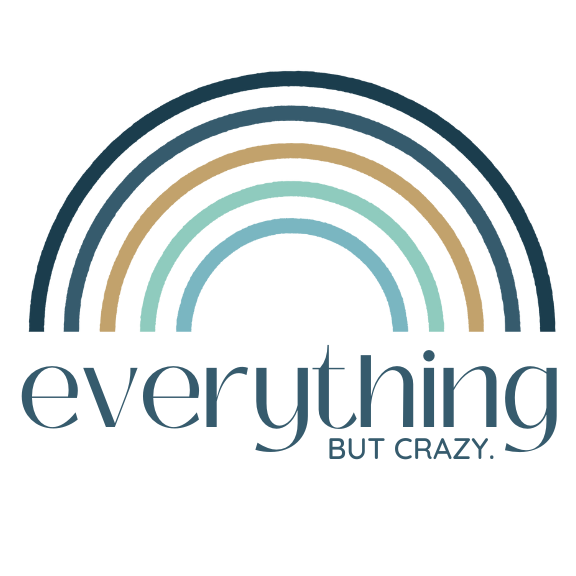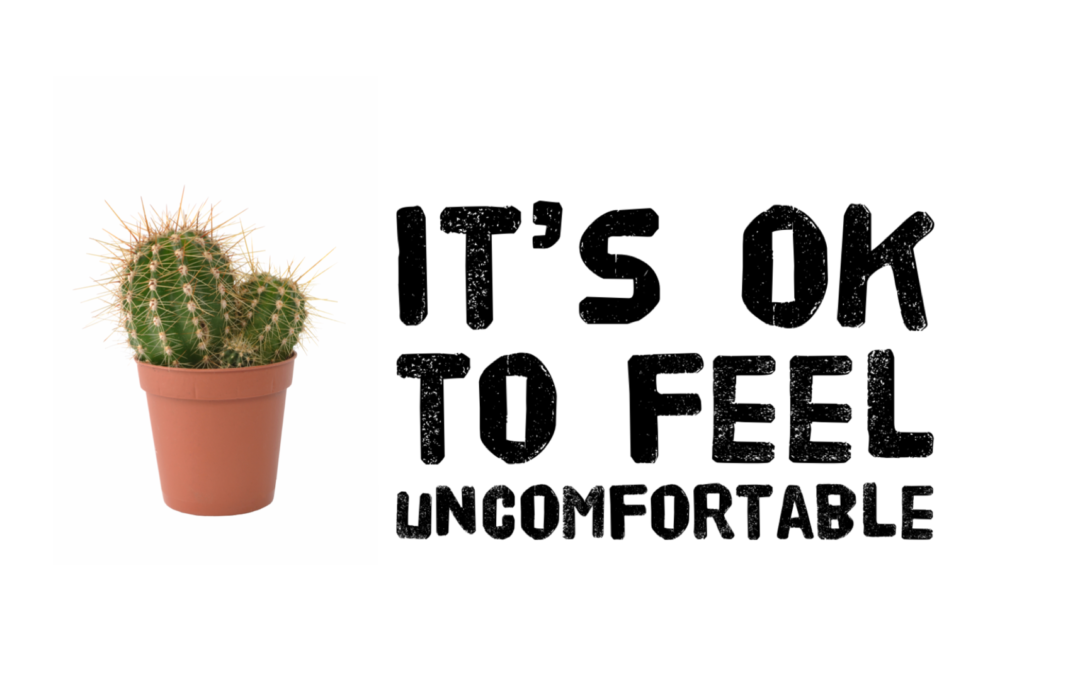I think it’s fair to say that many of us are feeling uncomfortable right now. Tensions are high as the coronavirus pandemic rages on, racial inequity is being called out in a way that has never before happened in my lifetime, the economy is tanking, and political differences are polarizing the country. Discomfort is inevitable.
For most of us, the moment we feel a bit of that discomfort, we start looking for the quickest way to get rid of it. Because it’s… well… it’s uncomfortable. So why is it there in the first place?
If you’re new to the world of emotions, you may never have realised that emotions often serve as messengers that alert us as to the need to take care of ourselves. If we’re feeling scared, then the discomfort of fear can spring us into self-protection. If we’re feeling taken advantage of, the discomfort of anger can fuel our self-advocacy. And if we’re feeling lonely, the discomfort of isolation can lead us to seek out more opportunities for connection. (Read more about the purpose of feelings).
The challenging part is that once we recognize our feelings, the next step is to create change to meet our own needs. But we don’t know exactly how that change is going to play out, so it’s scary. In fact, our fear of uncertainty can be so powerful that it can convince us that inaction is preferred over doing the thing that would actually help us resolve our problem.
It’s really a paradox. We’re uncomfortable if we do nothing, and we’re uncomfortable if we do something. So what’s a person to do?

Let’s allow some perspective to help us navigate this tricky psychological conundrum.
The choice of inaction often seems preferable because it allows us the immediate relief from anxiety. Take the example of a partner who repeatedly asks for your help, but fails to give anything back in return. Maybe you’ve just finished a day filled with tasks to help out your partner and you’re tired. You ask for one small favor… maybe it’s to wash the dishes so you can rest your feet. And he says no. He’s too busy watching his show.
Ummmm…
If you’re like me, you’re probably going to feel PISSED! As you should! Because when you give all day, and your partner who is supposed to love and cherish you, refuses to give anything back, you feel used… disrespected… exploited.
These feelings are the messengers we talked about earlier. They are there to alert us of a problem, and mobilize us to action. But the idea of action brings on it’s own set of discomfort due to the fear of the unknown. How will he react if I say something? What will happen if I tell him this is unfair? Will this lead to a giant blow out fight? What if he gets mad at me? What if I just feel worse by saying anything at all?
So now that fear of not knowing dominates our view. And that anxiety does not feel good. It feels like jittery butterflies. It feels like tension. It feels like a boulder we are carrying on our shoulders.

And yet. It’s actually the better option.
How can that possibly be? Well let’s come back to that discussion of perspective. In the short term, standing up for ourselves often does feel awful. It just does. But it’s also TEMPORARY.
The fear of the unknown dissipates as soon as we face that fear. Because now we know. And somehow, even if the outcome is bad, it’s still not as bad as not knowing. And if our partner gets mad? Well, he won’t be mad forever. If I end up feeling worse? That too, won’t last forever. And even if the unthinkable happened, and speaking up against the injustice in the relationship led your partner to say he wanted a divorce? Well, that would be very painful, but still, that pain would not last forever. (And can I just say right here, that if you’re finding yourself in that position where speaking up makes you legitimately fear divorce, then start to gently apply this same logic to the fear caused by the unknowns of divorce).
On the other hand, not advocating for ourselves, such as when our partner is taking advantage of us, leads us to sit with those feelings of being used, disrespected, and exploited FOREVER.

Ok, let me clarify that for a minute. Maybe there are some relationships in which one partner takes advantage of the other partner one day, but this really represents a rarity. Perhaps he had a really bad day or is just not in a good place, because normally the relationship is filled with mutual respect and care. If that’s the case, then maybe the whole “sitting with those feelings forever” notion isn’t exactly applicable.
But I want to talk about those moments when the negative feelings you are experiencing are part of a larger pattern. That’s when it becomes critical to speak up, to advocate for yourself. In our running example, if the disparity of energy you regularly invest into meeting your partner’s needs is substantially greater than what he does to meet your needs, then the consequences of inaction absolutely do last FOREVER.
People tend not to change unless something prompts them to change. And that prompt often has to be compelling enough to warrant their own decision to tolerate the anxiety associated with change. So, in our example, if you’re waiting on your partner to miraculously stop the routine disregard of your needs, you’re likely going to be waiting a lifetime. That is, unless you create the force that motivates your partner to consider the change worthwhile.
And when you do that, yes, you absolutely take on the uncomfortable feelings associated with self-advocacy. You notice the jitters, the nausea, or the feeling of lead in your feet, and you do it anyways. Because those feelings won’t last. And the benefits on the other side of that conversation are plentiful.
Many of us are feeling uncomfortable right now. Instead of running away from that feeling, try just noticing it. Instead of blindly trying to avoid it, allow yourself to step back and gain a little perspective. Because discomfort is never easy, but sometimes it’s worth fighting through.
____
Dana Basu, PsyD is a licensed clinical psychologist at EverGROW therapy and founder of Everything But Crazy, an online resource for parents. She provides individual therapy, support groups, and online resources for parents in Orange County and throughout the state of California via online therapy. She specializes in working with the highly sensitive person and people with difficult childhood experiences, trauma, parenting stress, and chronic guilt.

